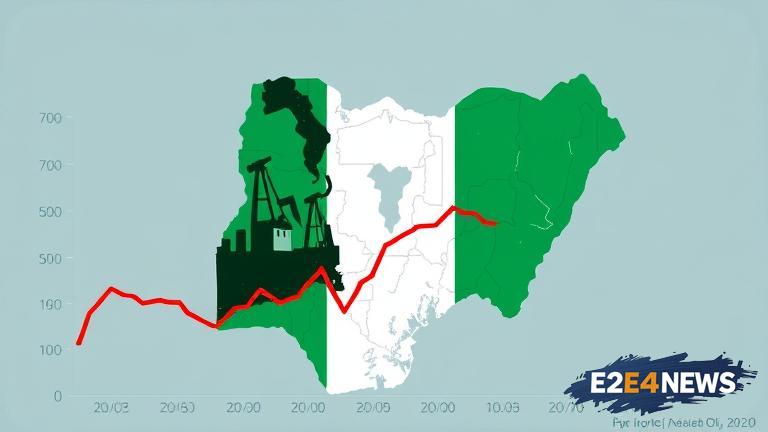Nigeria has once again exceeded its crude oil production quota set by the Organization of the Petroleum Exporting Countries (OPEC) for the month of June 2025. This marks the second time this year that the country has surpassed its allocated amount, following a similar incident earlier in the year. According to recent reports, Nigeria’s crude oil production for June 2025 was higher than the agreed-upon quota, sparking concerns about the country’s commitment to OPEC’s production agreements. The excess production is attributed to the country’s efforts to increase its oil output and revenue. Nigeria has been working to boost its crude oil production in recent years, with a focus on investing in new oil fields and infrastructure. The country’s oil industry has faced numerous challenges, including pipeline vandalism, oil theft, and militant attacks, which have impacted production levels. Despite these challenges, Nigeria has made significant progress in increasing its oil output, with production levels reaching record highs in recent months. The country’s oil production is dominated by international oil companies, including Shell, Chevron, and ExxonMobil, which operate in partnership with the Nigerian National Petroleum Corporation (NNPC). The NNPC has implemented various strategies to increase production, including the introduction of new technologies and the development of marginal fields. The excess production has raised concerns among OPEC members, who are working to maintain stability in the global oil market. OPEC has been monitoring Nigeria’s production levels closely, and the country may face penalties or sanctions if it continues to exceed its quota. Nigeria’s oil minister has assured OPEC that the country is committed to complying with its production agreements and will work to reduce its production levels in the coming months. The country’s excess production has also raised concerns about the impact on the global oil market, with some analysts predicting that it could lead to a surplus in oil supply and a subsequent decrease in oil prices. Despite these concerns, Nigeria’s oil industry is expected to continue to grow, with the country aiming to increase its production levels to 3 million barrels per day by 2026. The government has also announced plans to invest in new oil and gas projects, including the development of the country’s vast gas reserves. The investment is expected to attract international companies and create new opportunities for the country’s oil and gas sector. In addition, the government has implemented policies to encourage the development of the country’s downstream sector, including the construction of new refineries and petrochemical plants. The policies are expected to create new jobs and stimulate economic growth in the country. Overall, Nigeria’s excess crude oil production has significant implications for the country’s economy and the global oil market, and the government will need to work closely with OPEC to ensure compliance with production agreements and maintain stability in the market.
